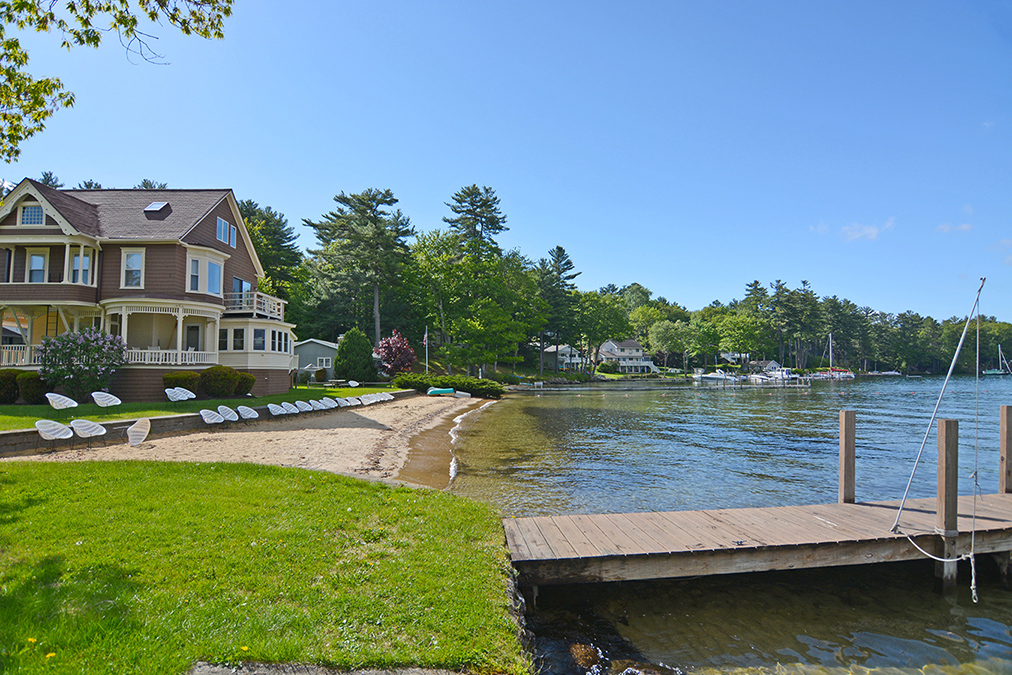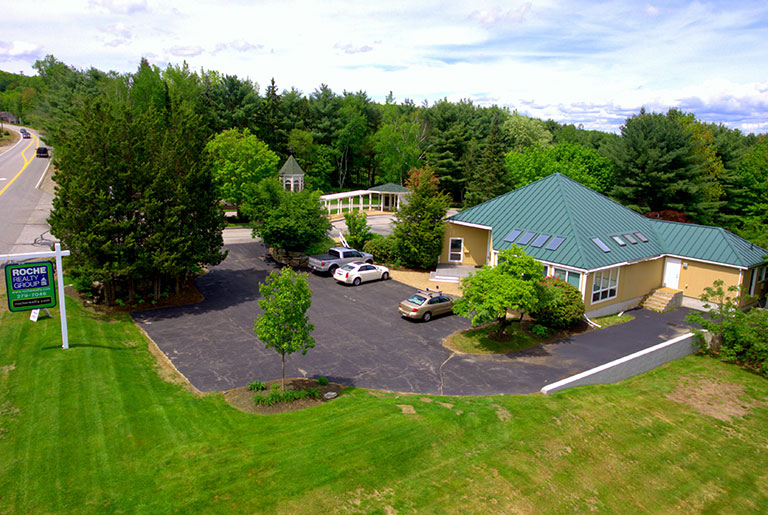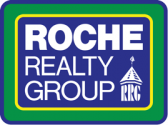I was listening to the radio recently, where it reported the FBI in Boston noted that between 2019 and 2023, New Hampshire homeowners were scammed out of more than $4 million in quitclaim deed fraud. It appears 239 people in New Hampshire have had their property sold out from under them by scammers.
Quitclaim Deed Scams
Quitclaim scams tend to target:
Vacant land or homes
Properties with liens
Vacation homes
Properties owned by people living out of state
Scammers will forge documents for the quitclaim deed transfer without your knowledge. They then attempt to have the forged documents recorded with the county’s registry of deeds. They also forge IDs to take advantage of remote closings, so they never have to present themselves in person.
The scammers locate properties by searching public records for vacant lots or properties that don’t have a mortgage. They impersonate the owner(s) and contact real estate professionals to list the property. Many property owners don’t find out that their property was listed for sale until after the sale has been recorded.
Real-Life Example from Roche Realty Group
One of my Realtors® at Roche Realty Group recently received a call from a gentleman purporting to be the owner of a building lot in Laconia and requested to list his property for sale. My agent researched the property extensively and provided a price recommendation based on a comparative market analysis.
The individual approved of the evaluation and indicated he wanted it listed prior to the weekend, so my sales associate prepared documents and sent them through DocuSign for him and his wife to sign.
Fortunately, my agent was very astute and experienced. She noticed that his wife’s email address showed a middle name that started with the letter E, when on the deed research she had completed indicated it was an M. That was her first red flag.
The individual then told her he didn’t want a sign on the property because he didn’t want friends and family to come at him for money, which was her second red flag.
As a follow-up, she came into the office and Googled the phone numbers he had given her to confirm that it was him, but she could not find any listings. She then researched the owner for any other numbers that she could find.
She did all the right research and came to me and my office manager for help; we were then able to obtain the real owner’s number from a third source. She then contacted the actual owner of the property in question, and he confirmed that he was not in any way looking to sell his property and is, in fact, going to be building soon. Needless to say, he was very happy that we checked with him and called the Laconia Police to report the scam.
Real Estate Scams Are on the Rise
Real estate scams are becoming more frequent and more sophisticated. Whether you’re buying, selling, renting, or refinancing the mortgage on your home, the last thing you want to worry about is being scammed.
Real Estate Fraud Statistics (2019–2024)
I’ve pulled up some research. It was reported by the FBI in 2024 that:
There were 9,359 real estate fraud complaints, resulting in more than $170 million in losses.
In 2023, there were 9,521 victims of real estate fraud.
In 2022, there were 11,727 victims.
In 2021, there were 11,578 victims.
In 2020, 14,000 people were scammed.
In 2019, 11,677 people fell victim to wire fraud in the rental and real estate sectors.
From 2019 to 2023, there were well over $1.3 billion in losses.
Common Types of Real Estate Scams
1. Rental Scams
We have seen this practice in the Lakes Region. In this case:
A scammer poses as a legitimate landlord or rental agent
Lists a property for rent on platforms like Craigslist or Facebook Marketplace
The listing looks real, with actual property pictures
After paying a security deposit or advance rent, the victim learns the listing was fake
Prevention Tips:
Always verify the landlord’s identity
Never wire money without visiting the rental
Do your due diligence
2. Wire Transfer Scams
This is one of the fastest-growing scams in the Lakes Region.
In a wire fraud scam:
A real estate agent or title company’s email gets hacked
The hacker learns closing details
They impersonate the Seller and instruct the title company to wire funds to a scam account
Email Spoofing is the forgery of an email header to make the message appear from a trusted source.
At Roche Realty Group, we warn our clients:
“Wire fraud: during your representation by Roche Realty Group, you will never be asked, via email, to wire or send funds to anyone. Not even a Title Company. Never comply with email instructions to wire funds.”
We’ve also seen foreign buyers send attractive but suspicious email offers. We always verify through phone calls, due diligence, or escrow services.
3. "We Buy Homes for Cash" Scams
While some legitimate investors buy homes for cash, others prey on vulnerable homeowners.
The scam works like this:
A desperate homeowner is promised a fast cash sale
The scammer asks for the deed before the mortgage is paid
The scammer rents out the home for profit, leaving the seller with nothing
Red Flags:
Flyers tacked to telephone poles
Pressure to accept a lowball offer
Advice: Always work with a well-respected Realtor® to get top market value with favorable terms.
4. Vacation Rental Scams
This scam targets vacationers booking through platforms like Airbnb or VRBO.
Scammer posts a fake listing
Directs you to pay outside the platform via apps like Zelle or Venmo
Upon arrival, you find no booking and no refund
Prevention Tip: Never book outside the official platform.
5. “Lipstick on a Pig” Scams
Some sellers knowingly hide major property defects such as:
Mold, fire or water damage
Foundation or structural issues
Rodent or hazardous material damage
These issues are often hidden through cosmetic fixes and omitted on the Seller’s Disclosure Statement.
Buyer Tips:
Always use a licensed home inspector
A copy of the Seller’s Disclosure should always be filled out by the seller and reviewed thoroughly by the buyer.
Work with a reputable Realtor®
We live in a world where we always have to be looking over our shoulders, whether it’s phishing calls, spam calls, phishing emails, and more. Real estate scams are just another branch of a very serious problem that has been infiltrating our daily lives to be aware of.

This article was written by Frank Roche. Frank is president of Roche Realty Group, located in Meredith, NH, and can be reached at (603) 279-7046. Please feel free to visit www.rocherealty.com to learn more about the Lakes Region and its real estate market.




















































